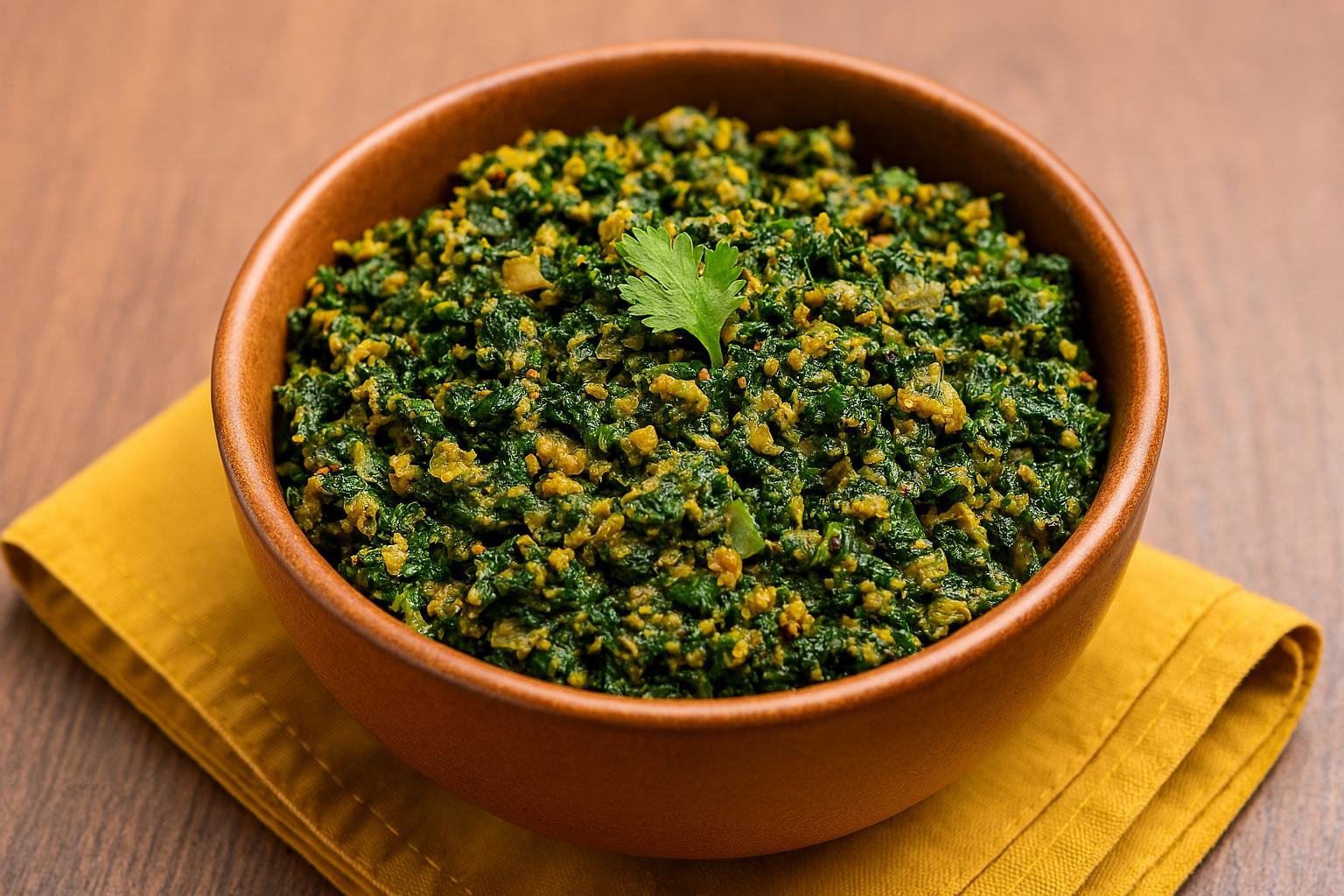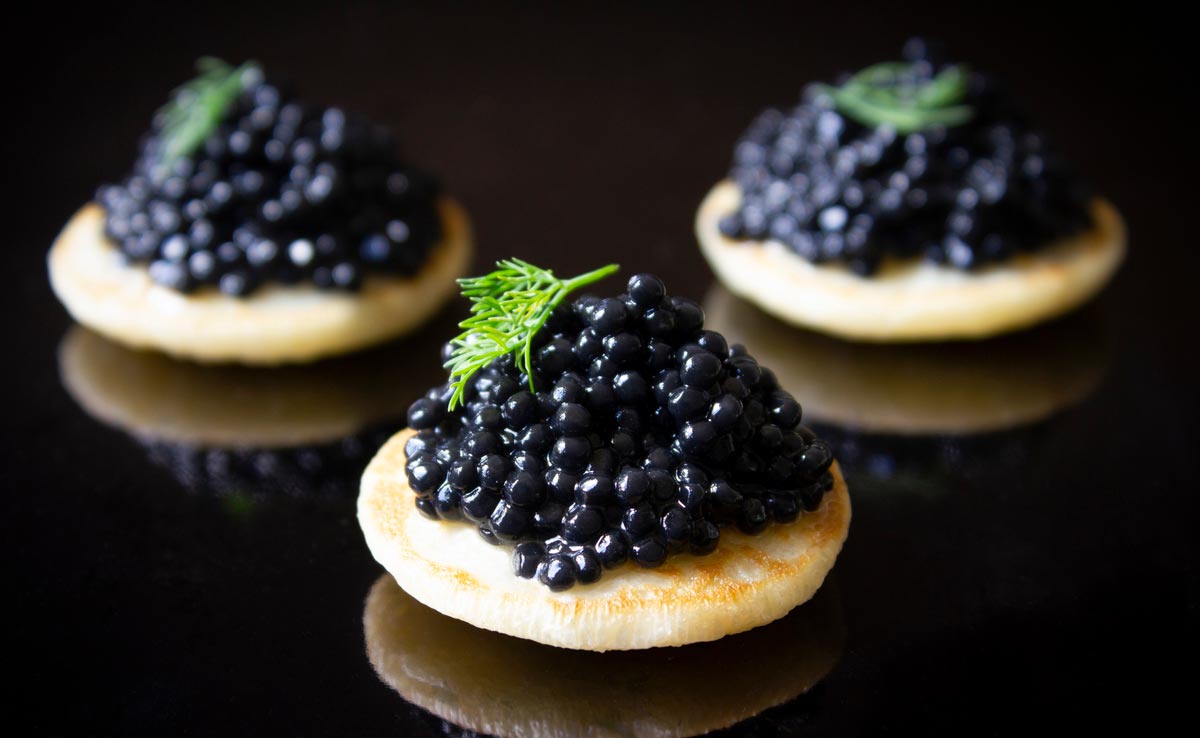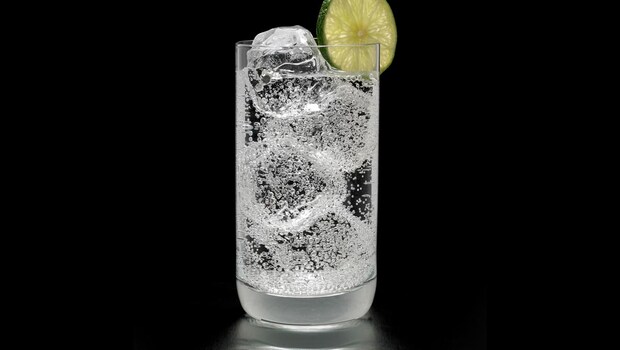Get ready to mark your calendars because the ultimate celebration for gin lovers is approaching! World Gin Day is just around the corner on June 8, 2024. Whether you're a newcomer to the delightful world of gin or a seasoned connoisseur who swears by the timeless gin and tonic, this gin guide is tailored just for you. Let's deep dive into the fascinating history of gin, from its origins in the Middle Ages to its rise as a popular spirit with medicinal properties in the 17th century. Did you know that gin made its way to India during the British colonial era and gained a loyal following among British officers stationed there? Fast forward to the present day, and we can't get enough of inventive gin-based craft cocktails and the classic gin and tonic combo.
What Makes Gin So Special?
There are more reasons than one. "Gin stands out due to its botanical complexity and versatility," explains Sanchit Agarwal, Co-Founder, Nisaki Gin. "Unlike other spirits, gin's distinct flavour profile comes from the careful balance of juniper berries and a diverse array of botanicals, which can include anything from citrus peels to exotic spices. This allows for an incredible range of flavours, making each gin unique."
Gin is one of the few alcoholic drinks that are a favourite among both casual drinkers and connoisseurs. "As more consumers develop a taste for gin and appreciate its versatility, the spirit is poised to become an integral part of India's vibrant drinking culture for years to come," says Komal Agarwal, Talli Tales.
While you may know how to appreciate a good glass of gin, a true gin lover must be familiar with how it is produced. Any idea? Read on to learn about the fascinating process.

Gin's flavour profile comes from the balance of juniper berries and a diverse array of botanicals. Photo Credit: iStock
Step-By-Step Process Of Producing Gin
Sanchit Agarwal, Nisaki Gin, shared the process they follow for producing fine-quality gin:
- Selection of Botanicals: High-quality botanicals, including juniper berries, are chosen for their unique flavours.
- Maceration: Botanicals are soaked in a base spirit, usually a neutral grain spirit, to extract their flavours.
- Distillation: The macerated mixture is distilled in a 200-litre copper pot still in small batches.
- Blending: The distilled spirit is blended in pharmaceutical-grade blending tanks to achieve the desired flavour profile.
- Resting: The gin is then rested for 20 days to allow the flavours to meld together.
- Filtration: After blending, the gin undergoes a precise 5-micron filtration process to ensure purity and enhance the smoothness of the final product.
- Bottling: Finally, the gin is diluted to 40% strength and bottled.
If you think all kinds of gin are the same, you are wrong. There are different types of gin, which can differ from each other in flavour, dryness, and other aspects, depending on factors like location and production process. Learning about the different types of gins can deepen your understanding of this alcoholic drink.
Also Read: What Your Favourite Alcoholic Drink Says About Your Personality
Exploring Different Types of Gin
Unlock the levels of gin by learning more about these different types of gin:
1. London Dry Gin
London Dry gin is the most widely consumed type of gin. It has a crisp and clean flavour. London dry gins are not sweetened at all and have more of an herbal touch. "It is strictly regulated, requiring all flavourings to be added during the distillation process, and no artificial ingredients can be added post-distillation," explains Kaushik, Beverage Head, Nom Nom Bangalore.
2. Plymouth Gin
As the name suggests, this gin is distilled in Plymouth, England. Juniper in this gin type is often more subtle. It is one of the few types of gin that has protected geographical indications.
3. Old Tom Gin
This gin type was forgotten for some time and was revived in the US during the cocktail renaissance of the 2000s. "Old Tom gin is a sweeter cousin to London Dry and has a richer, more rounded maltiness," shares Kaushik, Nom Nom Bangalore.
4. New Western Gins
This category of gin has many names-New American, American Dry, New Western, etc. These were first produced by flavouring neutral grain spirit with juniper oil and tree resins. Gurpreet Singh, Co-Founder & Director, World of Brands, explains that this type of gin has more "emphasised botanicals other than juniper, showcasing diverse flavours like lavender or cucumber."
5. Navy Strength Gins
'Navy Strength Gin' was invented in the 18th century. This gin type is spicy and fiery. It has a high alcohol content, more than 57.15%. It can be best enjoyed with ice and tonic water, and garnished with some lime leaf and ginger.
Preparing a gin-based drink is not rocket science. However, if you have no idea about the perfect glass and the right mixers, it can be confusing and may not yield the best drink. Fret not, check out some expert-approved pointers to make note of while making a gin-based drink and earn praise for your bartending skills!
Also Read: A Must-Try Summer Cocktail Recipe With 2 Local Ingredients - Try It!
How To Make A Perfect Glass Of Gin
"Gin is like a chameleon in cocktails, fitting into any recipe with ease. Its flexible nature pairs perfectly with different flavours, making every drink a delightful experience," says Komal Agarwal, Co-Founder, Talli Tales.
Here are some pointers to make note of when making your next gin-based drink:
- Select a gin type that matches your taste preferences.
- If you are making gin and tonic, use a highball glass for its ability to accommodate ice effectively. Use a martini glass for a gin martini, or a tumbler for sipping gin.
- "Use large ice cubes to chill the drink without diluting it too quickly," shares Gurpreet Singh, World of Brands (WoB). "For a gin and tonic, pour the gin over the ice and top it with high-quality tonic water. For a martini, stir or shake gin with vermouth over ice, then strain into a chilled martini glass."
- Some great options for garnishing your gin drink include "a lime or lemon wedge for a gin and tonic, an olive or lemon twist for a martini, or fresh herbs like rosemary or basil for contemporary gins," adds Gurpreet Singh.

Have you ever tried elderflower-infused gin? Photo Credit: iStock
Expert Tips For Individuals Trying Gin For The First Time
Have not tried gin yet? You are in for an amazing experience. Trying gin for the first time is truly an experience, and Sanchit Agarwal has shared some simple tips for first-time gin drinkers to enjoy this alcoholic beverage to its fullest:
- Start Simple: Begin with a classic gin and tonic to appreciate the gin's botanical profile.
- Experiment with Garnishes: Try different garnishes to discover which ones enhance the gin's flavours for you.
- Explore Different Gins: Sample various styles of gin to find your preferred flavour profile.
- Sip Slowly: Take your time to savour the complex flavours and aromas of the gin.
With this guide to the world of gin, go and celebrate this drink with greater fervour and enjoyment. Cheers! Happy World Gin Day!
About Jigyasa KakwaniJigyasa finds her solace through writing, a medium she is exploring to make the world more informed and curious with every story published. She is always up for exploring new cuisines, but her heart comes back to the comforting ghar-ka-khana.











